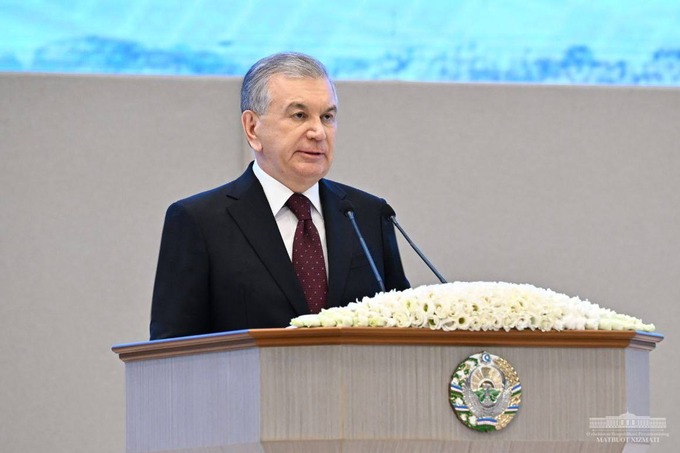The delegation of the UzAtom Agency visited Budapest on November 11-13 and Moscow on November 14-15, the agency said.
More than 50% of Hungary’s need for electricity is provided by Paks-1 nuclear power plant, built in the 80s, which consists of 4 power units of VVER-440/213 water-cooled nuclear reactors. Currently, the capacity of each unit has been increased up to 500 MW and their service life has been extended. The increase in capacity was achieved through the modernization of nuclear power plants, improvement of the turbine and use of more enriched fuel. Starting from 2032, power units will be decommissioned one by one, with the launch of the construction project of Paks-2 NPP of the Russian design of the 3+ generation VVER-1200 reactors consisting of two power units.
The delegation held meetings with the minister without portfolio in charge for the Paks-2 NPP project Janos Schuli, Deputy State Secretary of the Ministry of Innovation and Technology Andrea Beatrix Kádár, Director General of the Hungarian Atomic Energy Authority Gyula Fichtinger, CEO of the Paks-2 NPP István Lenkei and others.
The delegation also visited Paks-1 NPP, located on the banks of the Danube river and five kilometers from the city of Paks. In line with international requirements IAEA conducts constant online video surveillance in the reactors’ zone and fuel storage pools.
The delegation got acquainted with the unique training center at the Paks-1 NPP, which is fully equipped with real reactors and other equipment that is used for operating the NPP. Following the meeting, an agreement was reached with the Hungarian colleagues on exploring issues of establishing cooperation in the field of personnel training for the Uzbekistan’s nuclear industry at this training center, as well as in organizing study tours for Uzbek experts.
In Moscow the delegation held talks with the First Deputy General Director for Operations Management at Rosatom Alexander Lokshin and President of JSC Rusatom Overseas Yevgeny Pakermanov. The parties discussed further actions for the project implementation, including in the field of personnel training for the Uzbek nuclear industry, organization of internships at newly built and operating NPPs.













